The Most Anglo Indian Story
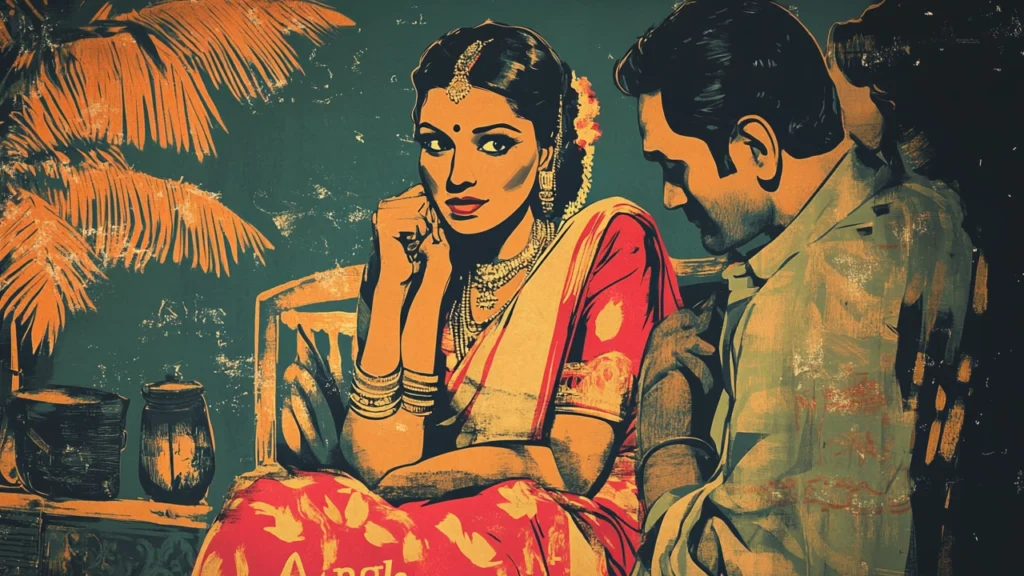
We took a lot of the most common Anglo Indian phrases and tried to add them all into a story. Here goes 😉
Once upon a time in the bustling heart of Kharagpur, an Anglo-Indian family was getting ready for a typical Sunday, thick thack with the usual tamasha. The Mrs. was in the kitchen, hollering at the boy to bring the dekchi for the doll. She was tunch, planning to make a splendid lunch.
“Accha, jaldi karo, boy! We don’t have all day!” she snapped, waving her Jharan like a weapon.
The boy, a chokra boy from upcountry, scampered around like a headless chicken, tripping over a mora in his haste. “Arre bap re bap, this boy will be the death of me!” The Mrs. muttered.
Meanwhile, the Babalog were in the garden, ran-tan with their kite. Budda boy, the eldest, was trying to teach his little brother, Gunda, how to fly the kite without it crashing into the neighbor’s yard.
“Hop, Gunda, catch the string!” Budda boy yelled.
Gunda, a gawk, missed the string completely, and the kite floated away. “Uff men, why are you such a mama-ko-pucho?” Budda boy groaned, giving Gunda a friendly jhaap on the back of the head.
Inside the house, Sir was bending the elbow, enjoying his Sunday afternoon sip. “Missibaba, bring me my doolie,” he called out, referring to the meat safe he loved to snack from. Missibaba, his youngest daughter, toddled off to fetch it, her bum-freezer coat flapping as she went.
Mama, Nana were seated on the veranda, gossiping about the latest Chutney Mary in town, who was notorious for her phutani. “Blessed, that woman! Always kunny, always showing off. And did you see her last night, all charley billy po po?” Nana clucked.
Mama nodded, “Yes, abli, she’s just a pataka, but nothing simple about her. More like a wallflower trying to be a rose.”
Over in the corner, Son-a-boy was fiddling with his gramophone, togged up in his suit-boot-and-gramophone outfit. “Accha, theek hai, let’s have some music while we wait for chhota hazri,” he suggested, eyeing the chhakka from across the street who was making eyes at him.
The family’s peaceful Sunday was momentarily interrupted by the ting-tong wala at the door. The Mrs. huffed, “Uff men, not another one. These vendors are worse than buchi!”
Papa came to the rescue, chasing the vendor away. “Sunday is longer than Monday, but these rick visits sure make it feel shorter,” he quipped.
As the sun set, the family gathered for dinner. The Mrs. served the doll with a flourish, and everyone sat down, from Budda boy to Missibaba. “Jaldi karo, it’s time to eat,” she declared.
Post dinner, Papa leaned back, satisfied. “Accha, abli it’s time for nini, everyone.”
The Mrs. nodded, already cleaning up, the boy assisting her. “Theek hai, tomorrow’s another day of tamasha, after all,” she sighed, wiping her hands on the Jharan.
And so, with the night drawing close, the Anglo-Indian household drifted off, ready to face another day of their vibrant, chaotic, and wonderfully eccentric lives.

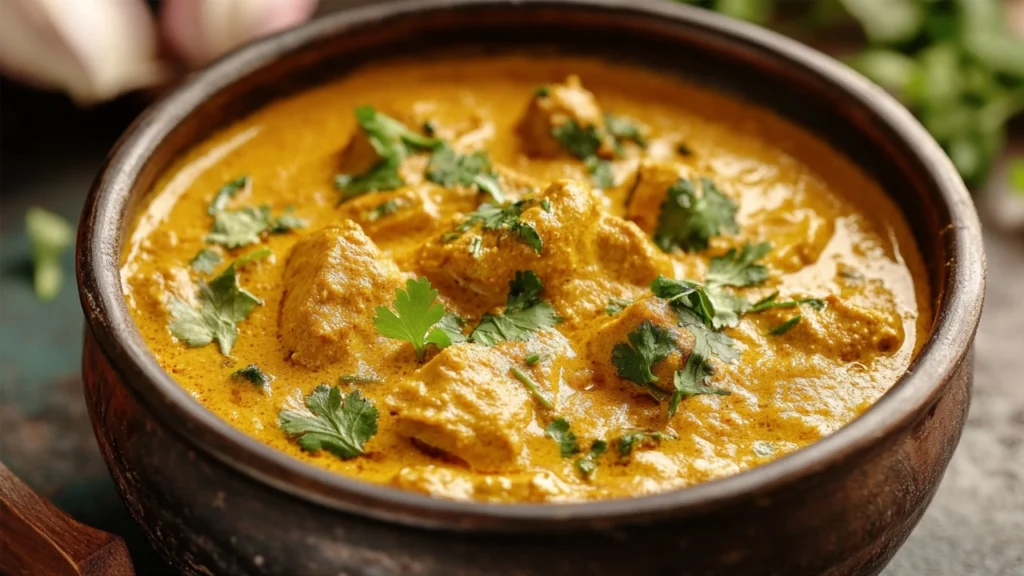
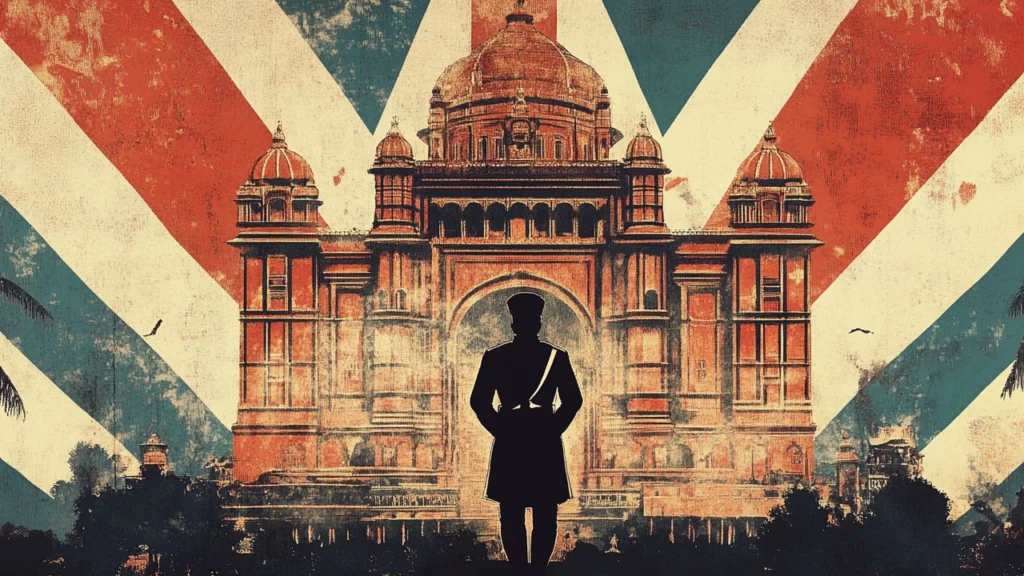
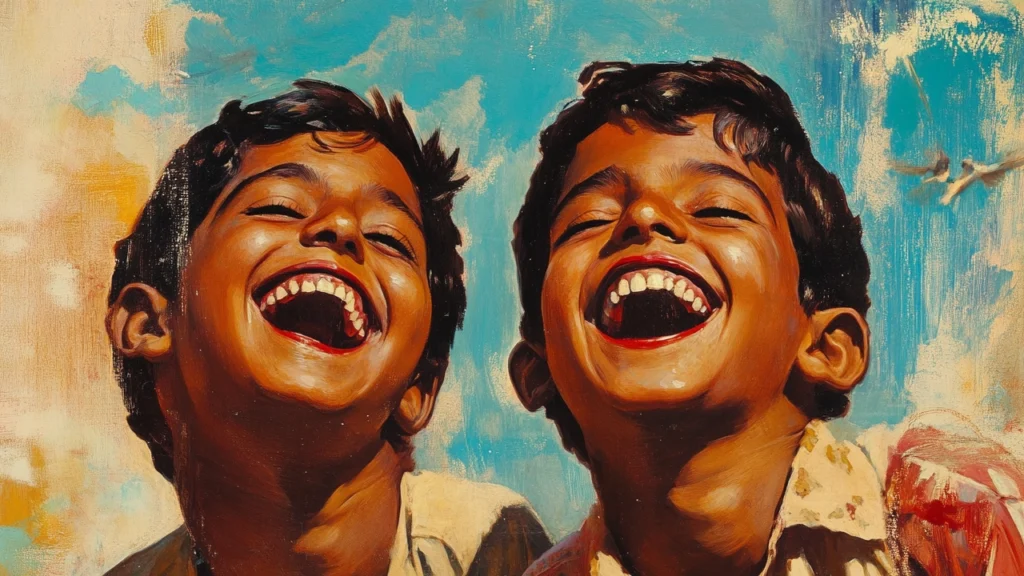
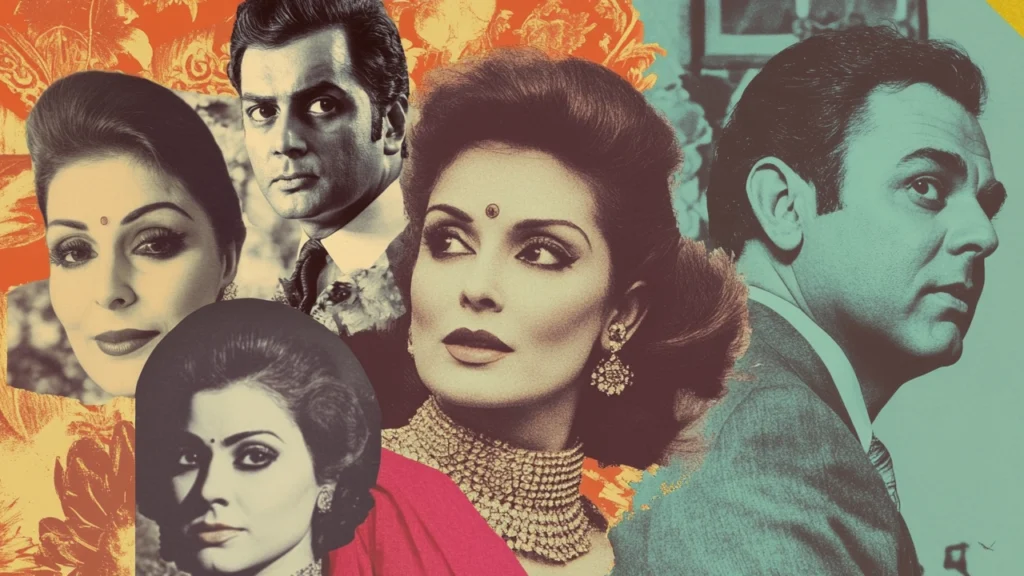
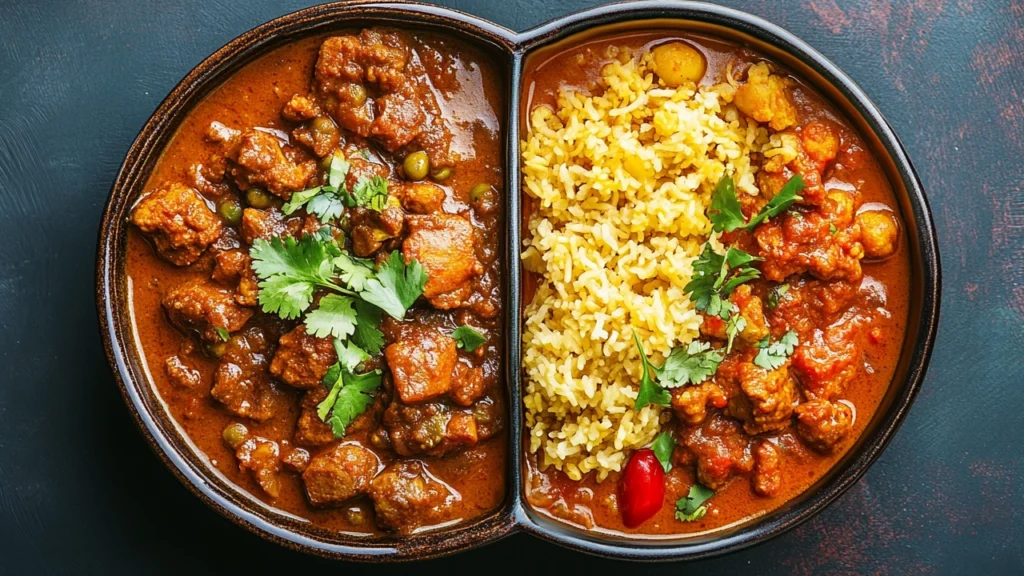
Responses